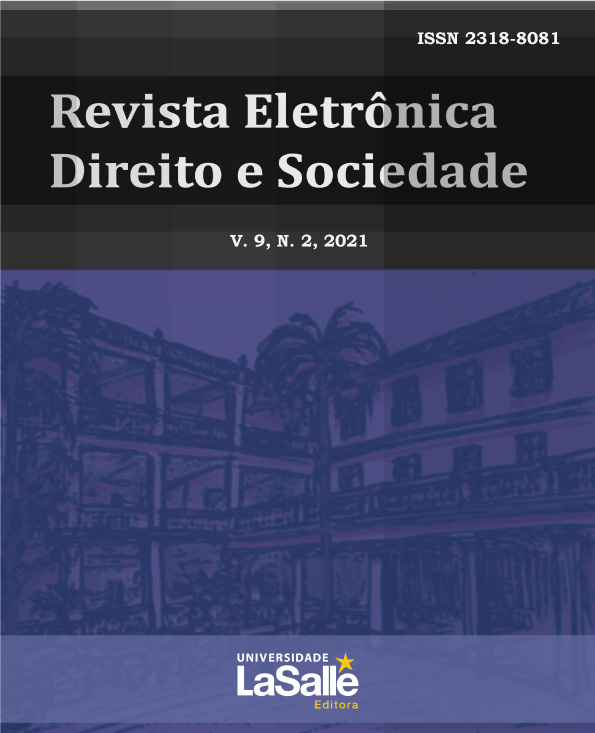Online dispute resolution and artificial intelligence: the technological influence in conflict resolution
DOI:
https://doi.org/10.18316/redes.v9i2.7142Keywords:
Artificial Intelligence, Alternative Dispute Resolution, Data ProtectionAbstract
The technological development and the expansion of connectivity have greatly changed the social relationships and, consequently, the ways and means of conflict resolution, thus pointing to Online Dispute Resolution (ODR) as a rising path, complementary to the Judiciary, whose crisis It’s evident. That said, the present study analyzes how technology, combined with the immeasurable amount of information in cyberspace, enabled to create an innovative path, capable of pointing out statistical data and predicting results. This new reality, characterized by data processing, is capable of creating profiles and, in view of that, facilitating the composition of disputes through the behavioral conduct of those involved, which, on the other hand, may violate fundamental rights of litigants, such as privacy. That way, we clarify how the crisis in the judiciary contributed to the popularization of complementary or alternative dispute resolutions of demands (ADR), to then point out the change in paradigms resulting from the use of Information and Communication Technologies (ICTs). Then, we talked about how the use of artificial intelligence is able to lead to the resolution of the conflict, concluding that this new reality brings benefits to citizens, however, with the exception of the necessary data protection and increased digital privacy. We apply the deductive approach method, through doctrinal analysis on the subject.
Downloads
Published
Issue
Section
License
Authors who submit their manuscripts for publication in the “REDES” Magazine agree to the following terms:
The authors claim to be aware that they retain copyright by giving “REDES” the right to publish.
The authors declare to be aware that the work submitted will be licensed under the Creative Commons Non-Commercial Attribution License which allows article sharing with acknowledgment of authorship and publication in this journal.
The authors declare to be aware that by virtue of the articles published in this journal have free public access.
The authors declare, under the penalty of the law, that the text is unpublished and original and that they are aware that plagiarism has been identified, plagiarized authors will be informed - willingly, to take legal action in the civil and criminal sphere - and, plagiarists will have their access to the magazine blocked.
The authors state that - in case of co-authoring - all contributed significantly to the research.
Authors are obliged to provide retractions and (or) corrections of errors in case of detection.
The authors are obliged not to publish the text submitted to “REDES” in another electronic journal (or not).
The Electronic Journal Law and Society - REDES - is licensed under a Creative Commons License. Attribution-NonCommercial 4.0 International.Based on work available at "http://revistas.unilasalle.edu.br/index.php/redes/about/submissions#copyrightNotice".
Permissions in addition to those granted under this license may be available at http://creativecommons.org/.

